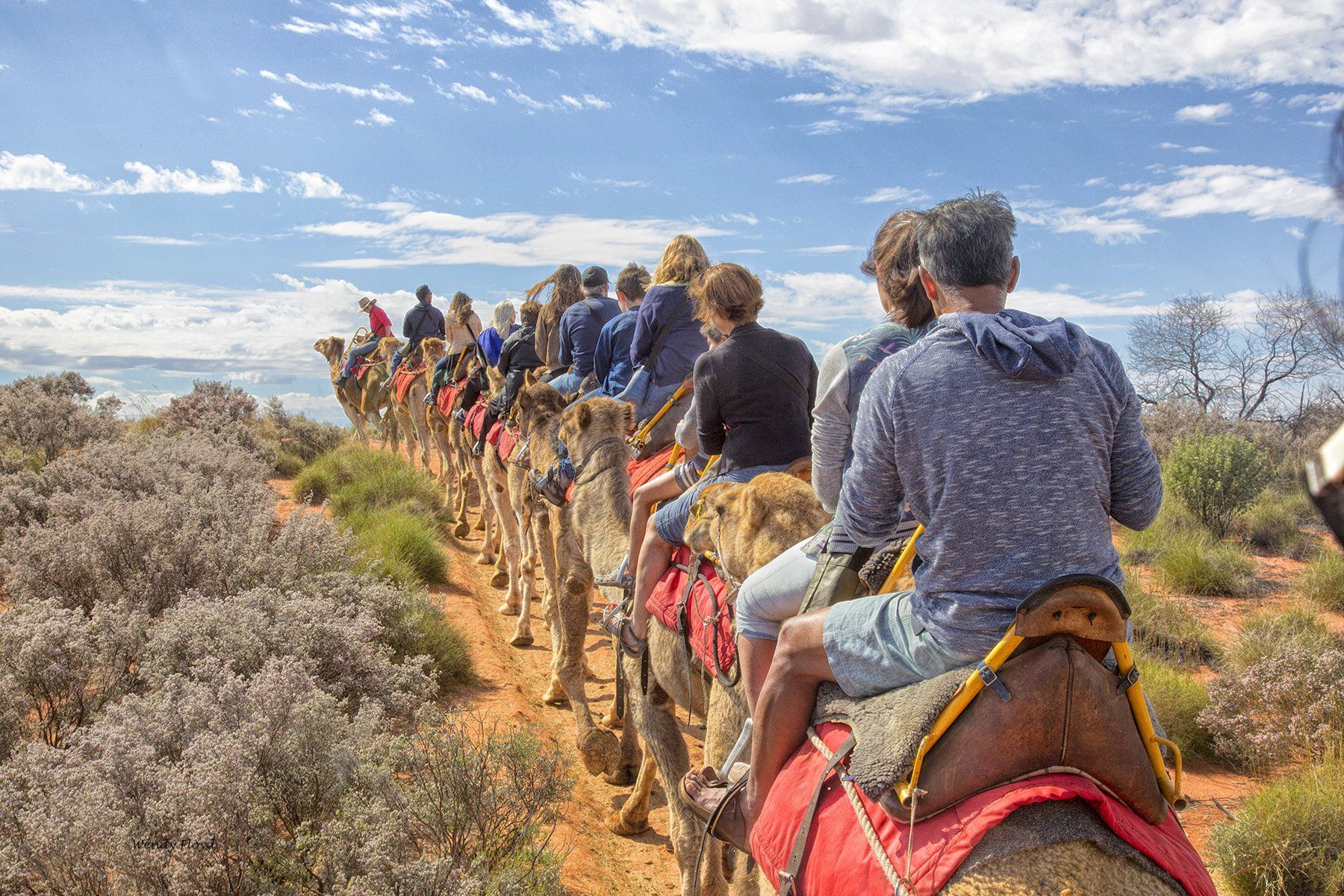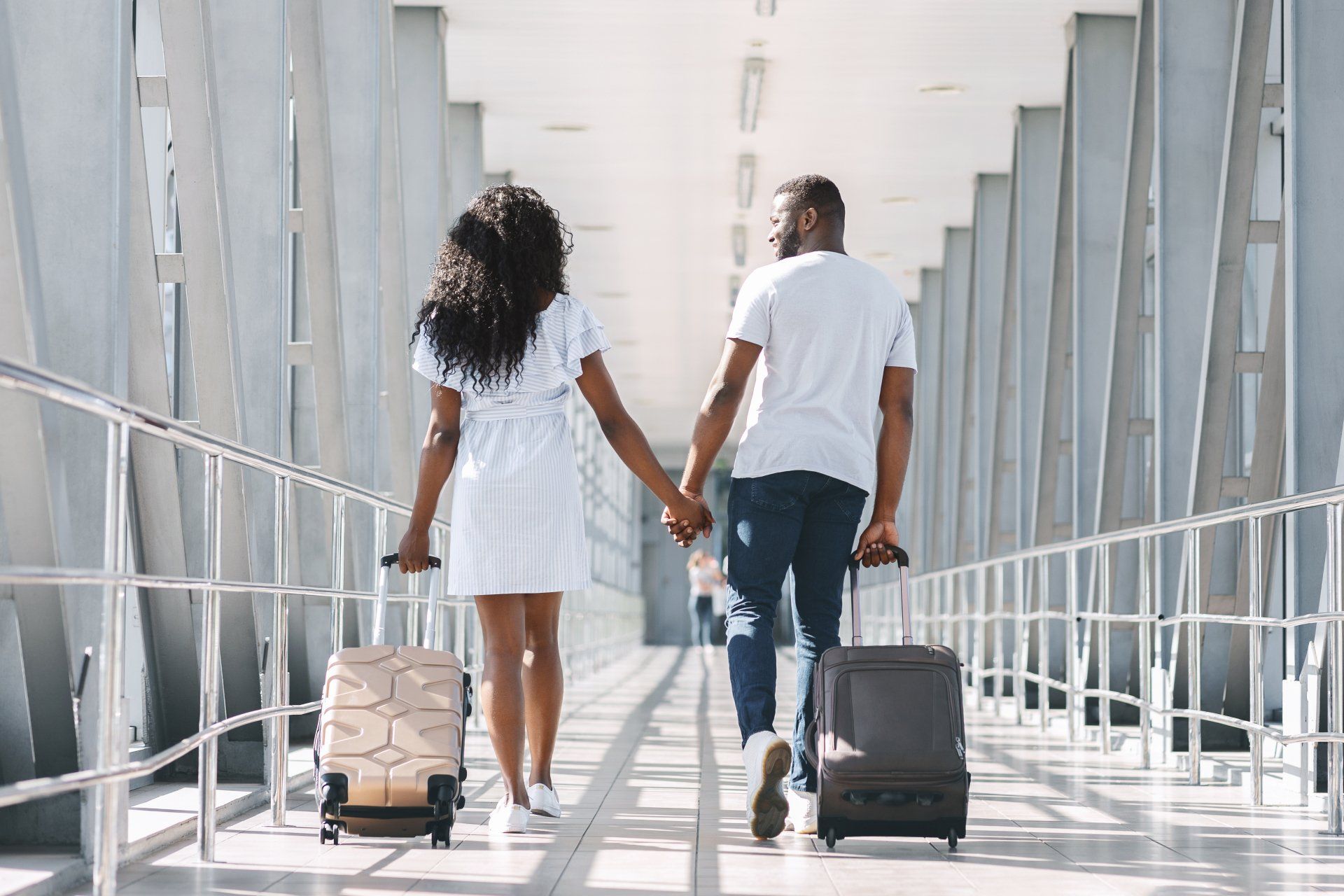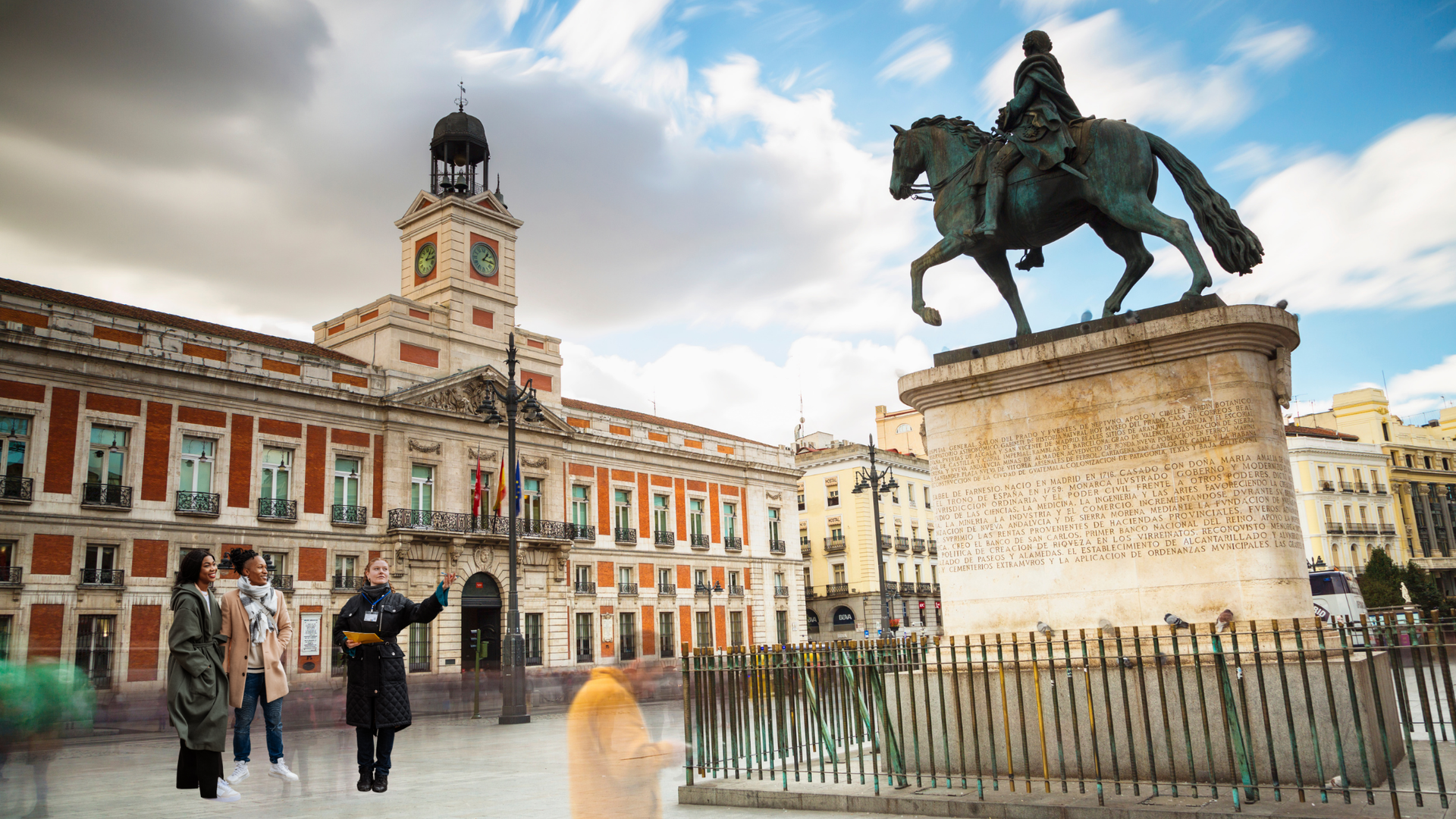Transforming and Rewarding Travel Moments
Serving the DC-Metro Region Since 1992
Let us create the perfect getaway for you! We believe the most rewarding travel experiences are those that transform perspectives and deepen your understanding of the world. This passion drives us to design exceptional journeys for travelers like you—those who seek meaningful connections and cultural immersion in every destination.
Custom Travel Planning
Custom travel services for discerning travelers interested in authentic curated historical and cultural experiences.
Start PlanningGroup Travel
Friends, family, and everyone in between. Everyone is invited.
Let's talk travel
From Our Blog | Inspiration, Education and Entertainment

Are you passionate about exploring the world and love sharing adventures with your friends? Travel is most meaningful when it’s shared with the people you enjoy most. If you love exploring the world and bringing friends together, there’s a well-designed, effortless way to do just that. With expert support from Colesville Travel, every detail is thoughtfully arranged whether you prefer a fully escorted experience or a relaxed journey at your own pace. Through our Adventure Ambassador Program , you can enjoy beautifully curated group travel while receiving exclusive benefits along the way. If you’re ready to travel well with your circle, we invite you to explore the Adventure Ambassador experience. 1. Become the Trusted Curator for Your Travel Circle Many people dream of traveling but are hesitant because of the details involved such as selecting the right destination, choosing accommodations, and coordinating experiences. By bringing your circle together with the support of Colesville Travel, you offer them a beautifully curated trip where every segment of your travel is thoughtfully arranged, making group travel feel effortless, refined, and truly enjoyable. 2. Take the Stress Out of Group Travel Bringing a group together doesn’t mean managing every detail yourself. Colesville Travel takes care of all the arrangements in advance, so you don’t have to worry about coordinating the details. Colesville Travel handles all trip arrangements, ensuring a seamless experience so your group can travel with ease, comfort, and confidence from start to finish. Everything will be organized for maximum fun and minimal hassle. 3. Inspire Your Friends to Explore Traveling together invites your friends to enjoy experiences they may not have chosen on their own - beautifully curated and effortlessly enjoyed. From private wine tastings in Italy and refined beach retreats in the Caribbean to unforgettable safaris in Africa, immersive food experiences in Bangkok, or exclusive museum visits in France, every detail is thoughtfully arranged to reflect the destination at its very best. With the support of the Adventure Ambassador Program and the expertise of Colesville Travel, you and your guests simply arrive, relax, and savor the journey. 4. Enjoy Meaningful Rewards While Traveling Well One of the most rewarding aspects of traveling with your circle is the added benefits that come with it. Through the Adventure Ambassador Program , thoughtfully curated group travel can include exclusive savings, preferred amenities, and in some cases, complimentary travel opportunities. With Colesville Travel handling every detail, your passion for exploring the world is enhanced with meaningful rewards, without compromising comfort, quality, or experience. 5. Create Lifelong Memories and Connections Travel is about more than where you go, it’s about how it makes you feel and who you are sharing it with. Traveling with your friends allows you to create moments that linger long after the trip ends: elegant dinners with unforgettable views, enriching guided experiences, and shared discoveries in beautiful destinations. With every trip carefully arranged, these trips naturally become cherished memories and lasting connections. Final Thoughts Travel is at its most rewarding when it’s shared. If there’s a destination you’ve been dreaming about, this is your opportunity to experience it alongside friends in a way that feels effortless, refined, and thoughtfully curated. With expert planning and personalized support from Colesville Travel, you and your circle can enjoy the journey from the very first idea to the final memory, beautifully arranged, and entirely your own. Contact Colesville Travel at 301-989-1654 to learn more or click Adventure Ambassador Program for more information. Until then, stay inspired Cindy #TravelWithFriends #GroupTravelMadeEasy #MatureWomenTravel #TravelLeadership #AdventureAmbassador #SharedAdventures #GirlsGetaway #TravelCommunity #LuxuryTravelWithFriends #TravelTogether

Travel is changing and, in many ways, it’s getting better. As someone who’s been planning trips for decades and traveling the world firsthand, I can tell you this with confidence that 2026 is shaping up to be a fantastic year to travel, especially for travelers who value comfort, culture, and meaningful experiences over rushing from place to place. If you’re thinking about traveling in 2026, whether it’s a bucket-list destination, a long-awaited celebration, or simply time to enjoy the world again I hope this guide will help you understand what’s coming, where to go, and how to prepare so your trip feels exciting instead of overwhelming. What’s Trending in Travel for 2026 One of the biggest shifts I’m seeing is that people are traveling with more intention. Travelers aren’t just asking where they want to go but they are asking how they want to feel while they’re there. From my research here is what’s stands out for 2026: Fewer Trips, Better Experiences Instead of packing in multiple destinations, travelers are slowing down. Travelers are staying longer, making deeper connections, and are taking the time to actually enjoy the destination. These items are becoming the priority. Comfort Matters More Than Ever Premium economy, business class upgrades, smaller group tours, private transfers, and well-located hotels are no longer “extras” but are part of traveling well. Meaningful & Cultural Travel People want experiences that feel personal: food tours, local guides, heritage travel, music, art, wine, and history and not just photo stops. Small Group & Hosted Travel Travelers love knowing someone else has handled the details. Small group journeys, escorted trips, and curated itineraries are especially popular heading into 2026. Where to Go in 2026 While the classics will always be popular, 2026 is the perfect year to explore destinations that offer rich culture without the chaos. Here are a few standouts travelers are gravitating toward: Europe—Beyond the Obvious Think Portugal, Southern Italy, France beyond Paris, river cruising, and train-based itineraries. These allow you to see more without constantly unpacking. Africa & Heritage Travel Countries like Ghana, South Africa, and Morocco continue to grow in popularity, especially for travelers seeking history, connection, and powerful experiences. Alaska & Expedition-Style Cruising Alaska remains a favorite, especially for travelers who want nature, wildlife, and comfort all in one trip without flying overseas. Caribbean with Purpose Instead of just beach time, travelers are choosing islands that offer culture, food, rum tastings, sailing, and local experiences alongside relaxation. How to Prepare for Travel in 2026 (Start Now) Here’s something I say often and it’s more important than ever: The best trips are planned early. Waiting until the last minute usually means fewer choices and higher prices. Travelers who start preparing for their trip early, enjoy better flight options, better hotels, and far less stress. Here’s what I recommend doing now: Check Your Passport Many countries require passports to be valid at least six months beyond your return date. This is one of the most common and preventable travel issues. Start to Think About Timing Popular destinations and cruises are already filling up for 2026. Flexibility helps, but early planning helps even more. Decide How You Want to Travel Do you want independent travel, small group experiences, or a fully escorted trip? Knowing how you want to travel makes planning smoother and more enjoyable. Working with a Professional Travel today involves more moving parts than it used to. Having someone who understands the destination, the logistics, and your personal travel style makes all the difference. Why 2026 Is a Year to Travel Well If there’s one thing experience has taught me, it’s this: travel should enrich your life, not exhaust you. 2026 is the perfect opportunity to travel smarter, to choose destinations that inspire you, choose experiences that matter, and travel at a pace that allows you to truly enjoy the journey. Whether you’re dreaming about Europe, Africa, cruising, or something completely new, now is the time to start the conversation. Final Thoughts Are you ready to start planning? If you’re thinking about traveling in 2026, I’d love to help you shape a trip that fits you, I will take into consideration your comfort level, interests, and travel goals. The earlier we begin, the better your options will be. Travel is an investment in yourself. Let’s make it a great one. Contact Cindy at Colesville Travel today at 301-989-1654 or email cindy@colesvilletravel.com and let us help you start planning for 2026. Stay inspired, Cindy #ColesvilleTravel #TravelwithCindy #Travel2026 #TravelTrends2026 #FutureTravel #TravelPlanning #TravelSmart #IntentionalTravel #MeaningfulTravel #LuxuryTravel #SlowTravel #SoftAdventure
Leave the guidebooks and your worries at home and experience authentic travel. Request a custom quote today and get one step closer to truly extraordinary experience.
Ready to chat? Give us a call at 1 (301) 989 1654

















